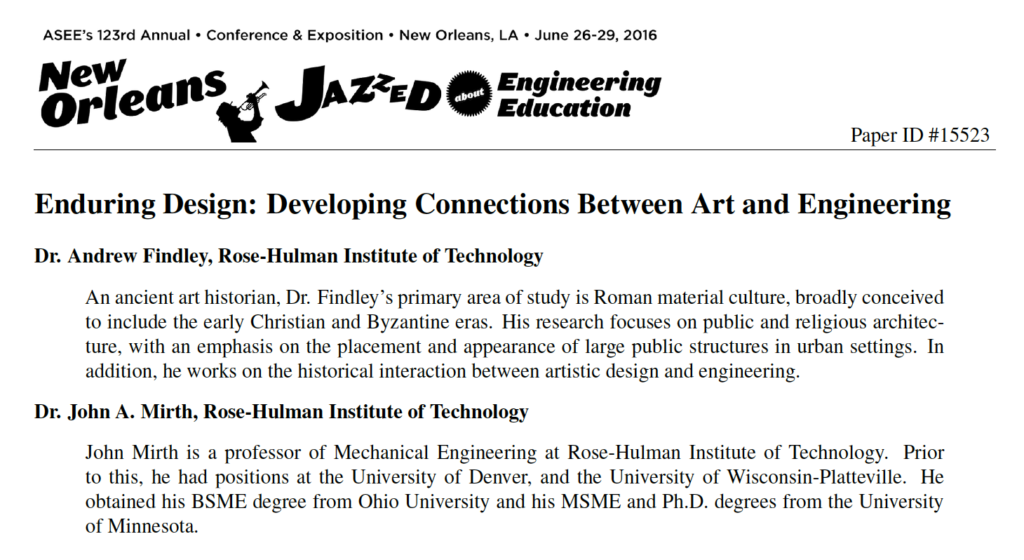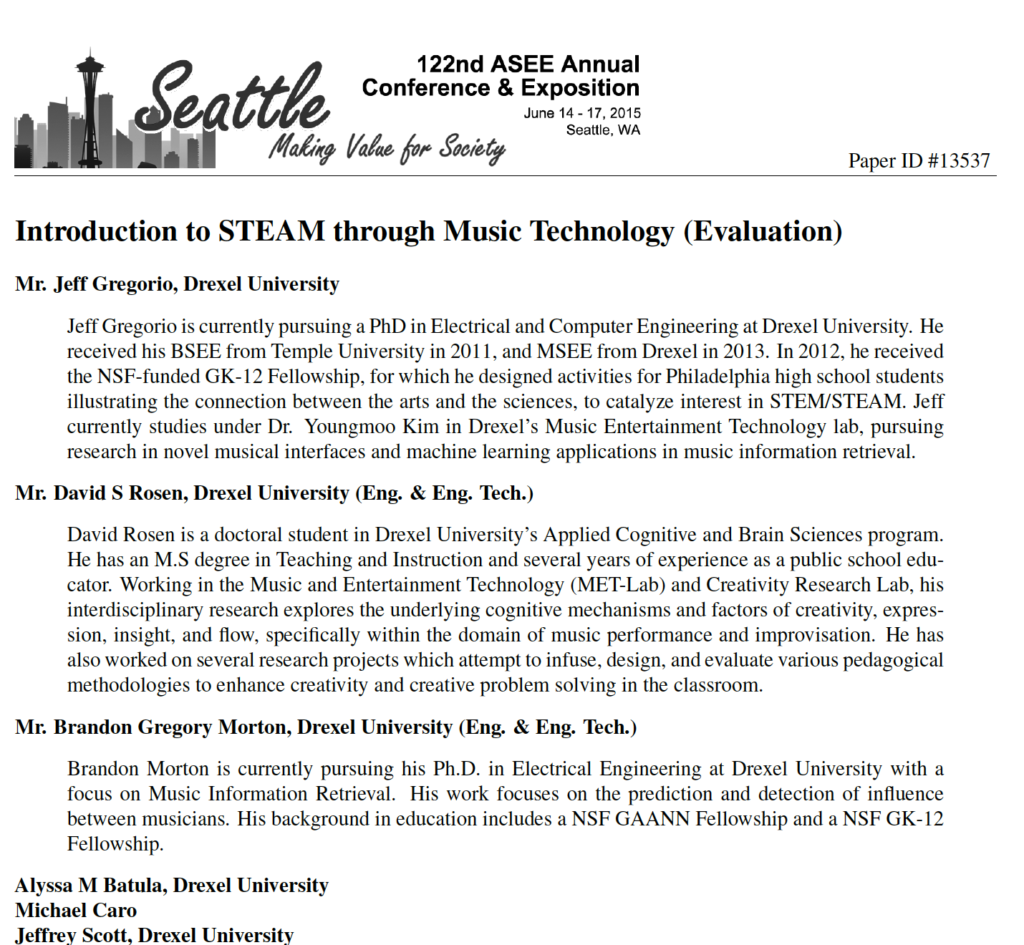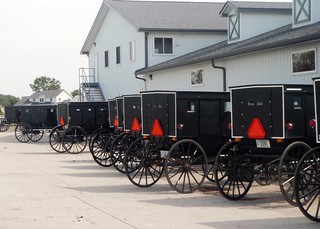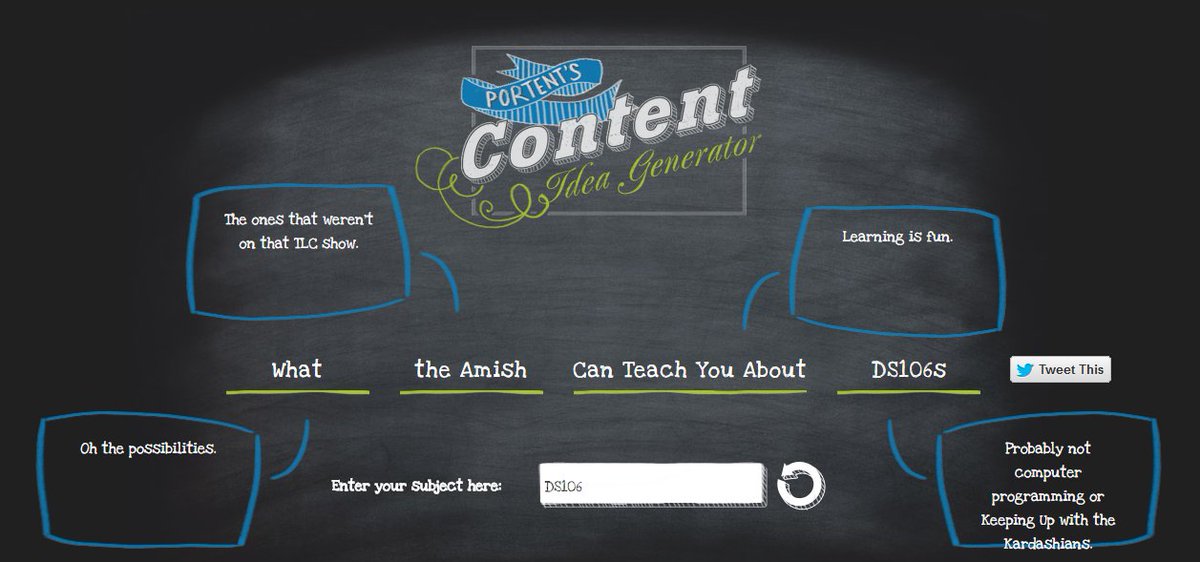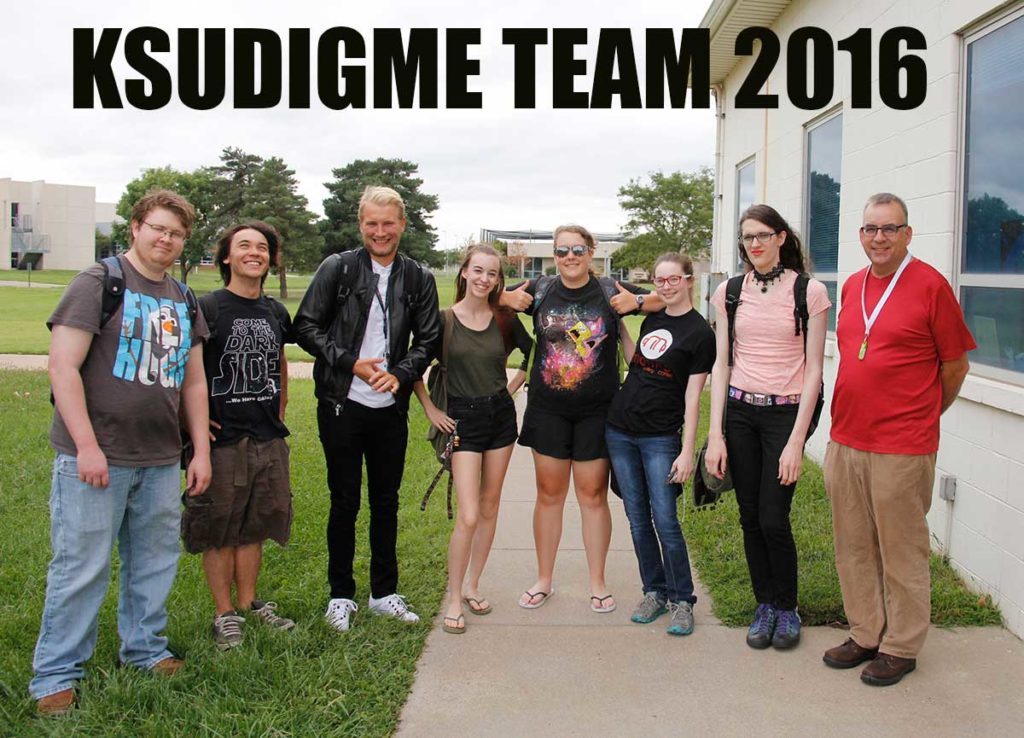The Other Side of the MOOC Fence
An opinion essay on the utility of MOOCs from the perspective of a small campus professor.
By Tim Bower, Kansas State University | Polytechnic Campus
In the last three years, I have participated as a student in several MOOCs (massive online open courses). I finished some and found that I didn’t have the time for some – about the same as reading a book. In fact, MOOCs are a lot like a textbook to me. They are a resource that can facilitate learning. I advocate that MOOCs can and should play a significant role in higher education pedagogy; but that for long term sustainability of MOOCs, all higher education stakeholders need to regard the role of MOOCs the same as the traditional role of textbooks. MOOCs can be a positive benefit to the faculty and institutions that teach them, to publishers that facilitate their distribution, to both degree seeking and life-long learner students, and even to smaller campus institutions and their faculty.
There is broad agreement within academia that, like textbooks, MOOCs are a resource. However, unlike textbooks, opinions are split about other things that MOOCs are or are not.
Are they :
- A threat to the traditional classroom and degree granting collegiate institutions?
- A get-rich-quick scheme for large universities, or a venue for faculty to give away the university’s valuable produce for free?
- A venue for recruiting students or establishing credibility and notoriety?
- An opportunity for faculty and institutions to demonstrate their benevolence and endorsement of free and open sharing of creative works?
All of the above have elements of truth. However, as is the case for textbooks, the correct answer to all of these identity questions about MOOCs is and should be – no. Trying to attribute more to the identity of MOOCs than that of a learning resource is not in anyone’s best interest.
If you are not familiar with MOOCs, let me explain what I am talking about. MOOCs offer a low cost, or free, online peek into the classrooms of successful faculty at prestigious schools teaching their most popular courses. The instructional content is usually of exceptional quality. The course material is often the same, although sometimes a subset, of the material taught in undergraduate and graduate level courses at the host institution. The faculty teaching these course are experts in the subject being taught. They are usually assisted by a team of graduate students and support staff that assist with responding to questions in online forums, creation and automated grading of assignments, developing the lecture slides, and video recording and editing. Some MOOCs are available to the general public as a set of lecture videos and may be viewed at any time and in any order for the benefit of the viewer as they see fit. Other MOOCs are structured more like a college course with a schedule of deadlines for completing homework assignments and exams. The courses with assignments and exams may also offer non-credit certificates of completion for a small fee. Paying the fee for a certificate can serve as motivation for the student to complete the course and offers proof of their accomplishment.
Like authoring a textbook, teaching a MOOC is not for all faculty. The MOOC instructor should have extensive experience in the course material and the luxury of help from graduate students and a support staff. It is acceptable that most faculty in the course of their teaching use textbooks authored by others. It is less acceptable to use lectures presented by someone else. While authoring a book is optional, lecturing is obligatory for all faculty.
There is much talk in academics about the so-called flipped classroom, where students are expected to view lecture videos outside of class while the class sessions are intended to be conducted more as a recitation or laboratory. The video lectures for a flipped class are usually recorded by the instructor who is also teaching the recitations. What if MOOC lectures were used in a flipped classroom setting? Would the instructor still be teaching or would they be shirking their responsibility? In such a setting, the instructor would still be responsible for all course content. They would have the option to select what lectures and assignments from one or more MOOCs to incorporate into their class. In the recitations, the instructor would assign homework, give exams, and lecture to clarify the content, provide remedial instruction, or extend the material beyond that covered in the MOOC. In this scenario, students are assured that what they are learning is accurate, current, and in-line with what students at other institutions are learning. I feel that such a model can level the playing field between small and large campuses. It can also be a stimulus to raise, or maintain, the level of academic rigor on small campuses.
Does this threaten or diminish the value of faculty on small campuses? I think that it does not. I think it could enable faculty to be more productive. Speaking for myself, I feel that I’m a very competent teacher. Yet, I freely admit that I do not have the same level of specialized knowledge as the instructors of the MOOCs that I have taken. That is not being self-effacing or diminutive. I have a much higher and broader teaching load than they do. Pretty much every aspect of my job as a professor on a small campus is different than that of the faculty that teach MOOCs.
Textbook publishers eagerly solicit faculty to select the books they peddle for adoption in their courses. Perhaps, within the ever-changing world of higher eduction, it is time for the publishers of MOOCs, such as Coursera, Udacity, and others, to peddle affordable, licensed use of MOOC lectures.
More importantly, it is time for all faculty, students, and administrators to define MOOCs for what they are – a resource to facilitate learning, and nothing more. It is well accepted that higher education in the future will look very different than it did in the past. Perhaps MOOCs will play a key role in the future of higher education.
![]()
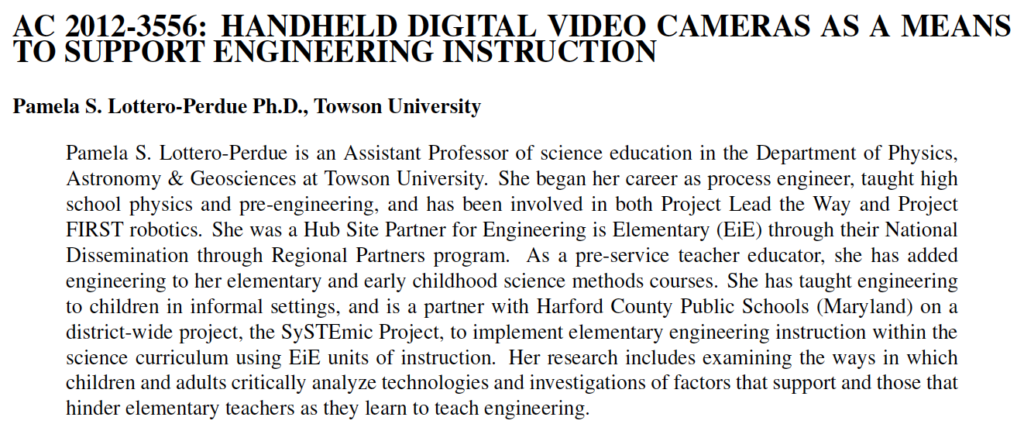
![]()
